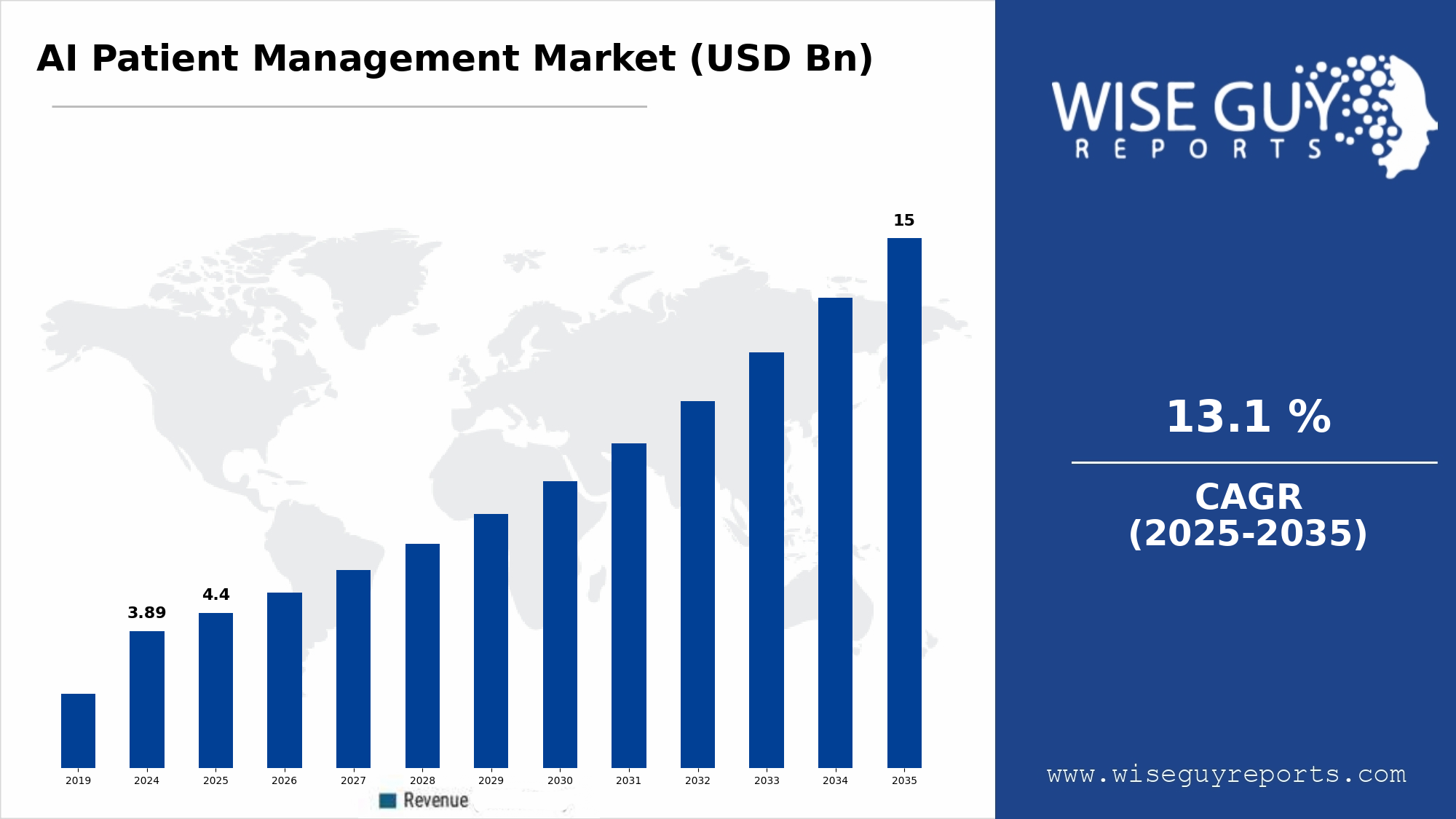The exceptional AI Patient Management Market Growth Rate is being propelled by the global healthcare system’s urgent need to address the escalating crisis of chronic disease. Conditions such as diabetes, heart failure, COPD, and hypertension now account for the vast majority of healthcare spending, and their management requires continuous monitoring, patient education, and lifestyle adjustments—tasks that are poorly suited to the traditional, appointment-based care model. AI patient management platforms directly address this challenge by providing a scalable and cost-effective way to engage with and manage these patient populations between office visits. By using AI to analyze data from remote monitoring devices, track medication adherence, and provide personalized coaching through chatbots, these systems enable early detection of potential health issues before they become acute, costly emergencies. This ability to facilitate proactive, continuous care for the largest and most expensive patient cohorts is the single most powerful driver fueling the market's rapid expansion.
Another primary driver is the seismic shift in healthcare reimbursement models from fee-for-service to value-based care. Under value-based arrangements, healthcare providers are financially rewarded for patient outcomes and cost-effectiveness, rather than the sheer volume of services performed. This creates a powerful financial incentive to invest in technologies that can help keep patients healthy and out of the hospital. AI patient management platforms are the quintessential tools for success in this new paradigm. They provide the necessary capabilities for population health management, risk stratification, and the targeted interventions needed to improve quality metrics and reduce the total cost of care. For example, by identifying patients at high risk for readmission and enrolling them in an AI-monitored post-discharge program, hospitals can significantly reduce financial penalties and improve their quality scores. This direct alignment with the prevailing economic direction of the healthcare industry makes investment in these platforms a strategic necessity, not an option, thereby accelerating the market’s growth rate.
Finally, the convergence of widespread consumer technology adoption and advancements in artificial intelligence is a critical enabler of the market's growth. The ubiquity of smartphones, wearables, and home internet access means that the infrastructure for collecting real-time patient data is already in place. Patients are increasingly comfortable with and expectant of digital tools to manage their health, creating a strong "pull" for these solutions. Simultaneously, breakthroughs in machine learning and natural language processing have made AI-powered chatbots and predictive models more accurate, empathetic, and effective than ever before. This combination of a ready-made patient interface (the smartphone) and a powerful, intelligent back-end (the AI platform) has created a perfect storm for innovation and adoption. The technology is now mature enough to deliver real clinical value, and patients are ready to embrace it, removing previous barriers and paving the way for explosive market growth.



